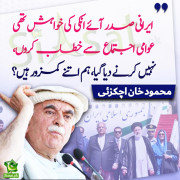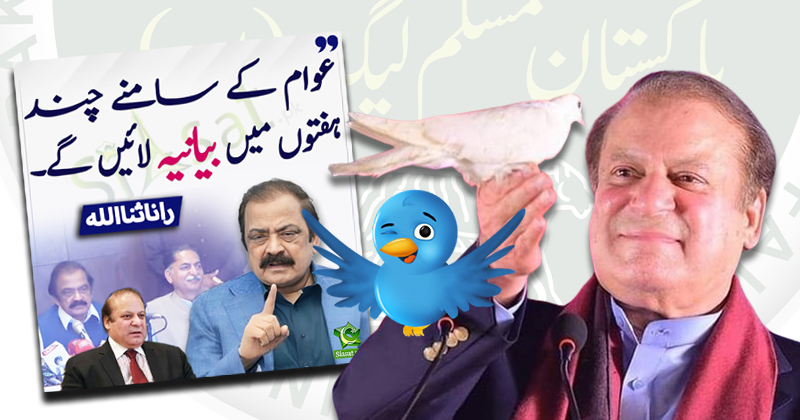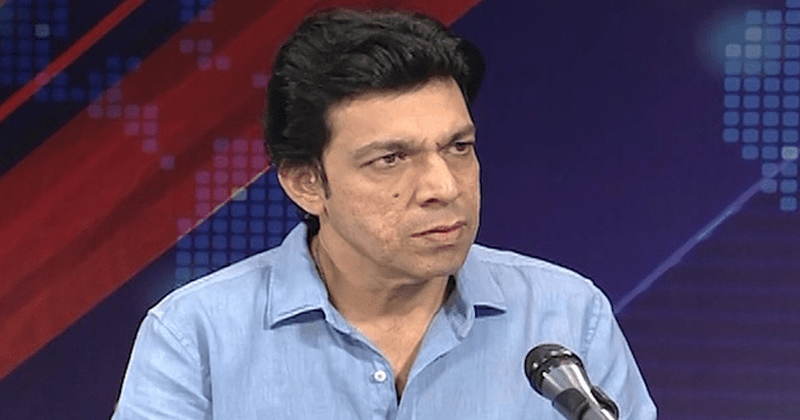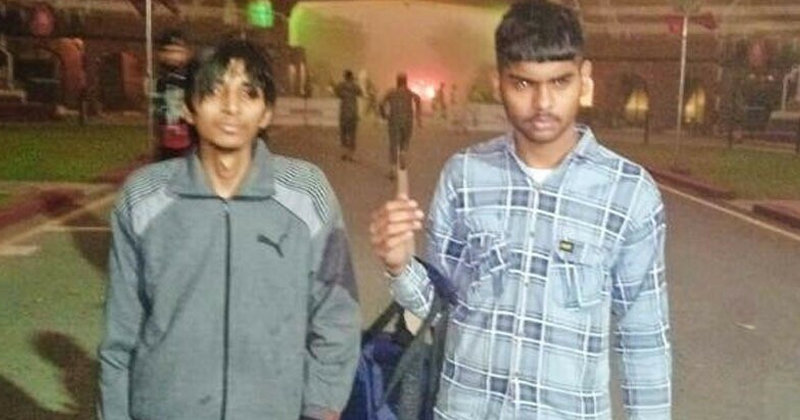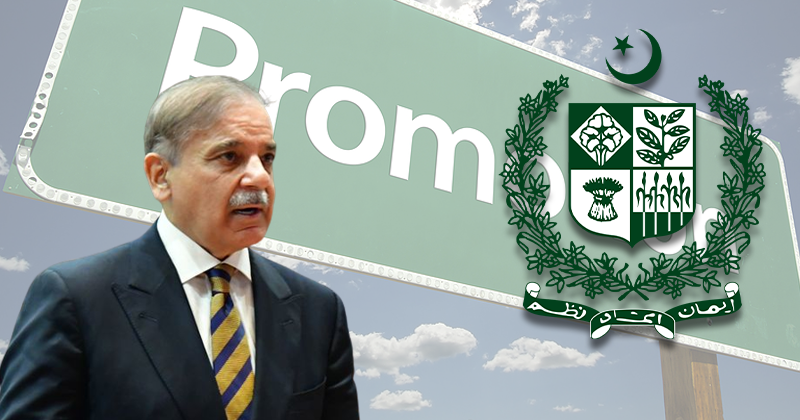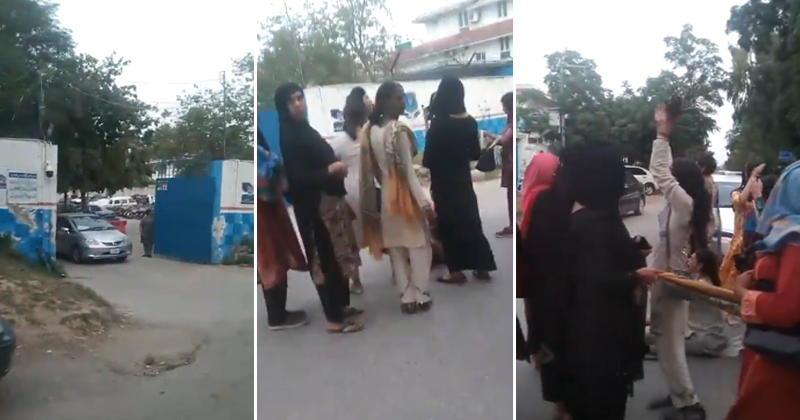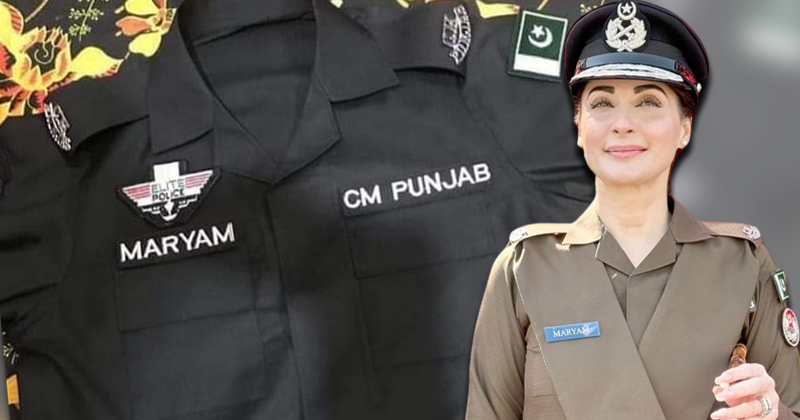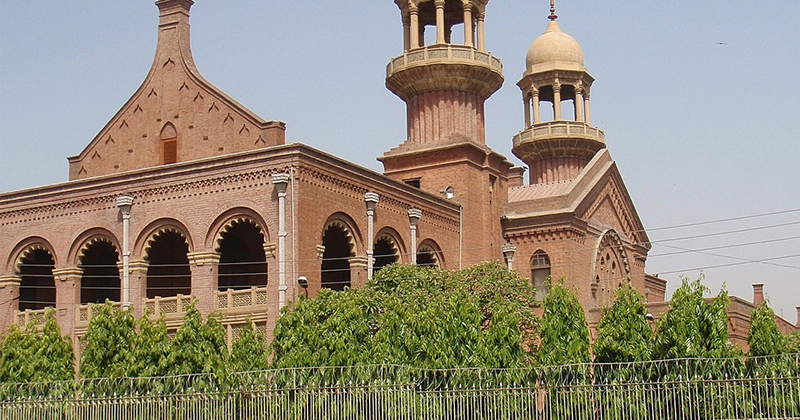By Kunwar Idris
Sunday, 19 Sep, 2010

Flood-victims wait for money distributed from government at a temporary shelters set up near Karachi.AP
The havoc caused by the super-flood has exposed the waywardness of Pakistans political leadership as much as it has the weakness of state structures. Fortunately, it has also brought into full view the strength of Pakistans civil society and the charity of its people. As the scale of disaster unfolded, the apathy of the political leaders became clear in their mutual mistrust and recrimination.
Leaving arch political rivals aside, a representative illustration of this attitude was to be found in Mr Zafarullah Jamalis charge that dykes on the Indus were breached by some Sindh ministers and feudals to save their own lands and to flood his in Balochistan.
President Asif Zardari dismissed not just Mr Jamalis but every other dyke-breach allegation as a myth. Any investigation launched as Mr Jamali demanded, the president ruled, would only divert attention from the relief effort.
The truth of the matter, thus, may never be known. Evidence will be lost with the passage of time and Mr Jamali too may succumb to politics.
The people are thus left to make up their minds on what to a former prime minister was a national crime and to the sitting president a mere myth. Such is the credibility of the system of governance and its leaders.
In dealing with the human misery, the leaders at the top have been relying on symbols alone: designer suits have given way to herringbone waistcoats, skull caps and plaintive assurances which may never be fulfilled.
No recovery and reconstruction plan is in sight which would persuade international lenders, donors and friends to part with their money soon, or substantial enough to reach the victims before the sowing season is over and the winter of discontent sets in.
The bungled rescue and relief operation will soon belong to the past. But the agonising task of rehabilitating the vulnerable displaced millions still looms. The flood victims have yet to undergo the rigours of rebuilding their homes, reclaiming their lands and restarting their businesses.
The lenders and donors, foreign or local, appear extremely unwilling to stake their money on a reconstruction effort that is led by the government even if other political elements were also to join hands. They are untrusting of the countrys political system as a whole.
It is hard to blame them when no one can say who among the parties or legislators are with the government and who truly oppose it.
Though the system is parliamentary, it is taken for granted that all policy directions emanate from the presidency. Prime Minister Yousuf Raza Gilani insists that Nawaz Sharif is his friend and ally a sentiment that the latter reciprocates with a grimace.
Mr Zardari keeps harping on his pet theme of taking everybody on board while most are seen to be pulling in the opposite direction. Reconciliation, the keynote of Mr Zardaris politics, appears a hoax or, at best, a joyride at the peoples expense.
The financiers are visibly wary of trusting their money to the governments federal and provincial that have diverse political aims and would rather take care of their party men than the destitute. Among the legislators are quite a few known for their chameleon quality which they are believed to use to enrich themselves.
What further disqualifies the government from planning and executing reconstruction projects is the politicisation of permanent service cadres. The rule of merit and neutrality has been all but abandoned. Even interventions by the superior courts have not been able to reinstate that rule.
A plausible proposition emerging from the confusion and conflict in the political and service cadres is that the reconstruction programme should be executed under the supervision of an agency comprising legislators, lenders/donors and NGOs through civil servants. Left to the government or political parties its fairness would remain open to many doubts.
The increasingly partisan politics and falling moral standards of the politicians and officials alike should induce fresh thinking about limiting the role of the state in the social sector chiefly in health, education and community services.
Remarkable expansion has been witnessed in these fields with the growing participation of civil society for reasons of charity and by the private enterprise for profit. Both the poor and rich have gained by their exertions and investment.
Deserving foremost mention is the LRBT. Hiding behind these four letters are two charitable men Graham Layton and Zaka Rahmatulla who set up an eye hospital in Karachis Korangi area which over 25 years has spread across the four provinces to treat free of cost one out of every three patients in the country.
Over a similar period, the Sindh Institute of Urology and Transplantation has grown into one of the worlds biggest facilities of its kind run on citizen donations. The government also helps but leaves the doctors alone.
During the 1971 war emergency one could muster no more than 20 ambulances in Karachi. Today Edhi alone runs more than 400 and of late Chhipa has chipped in with another 100.
The Citizens Foundation runs 660 schools in a combination of philanthropy and good standards. It has, however, a long way to go if thousands of government schools that lie in ruins are to be reclaimed and their semi-literate teachers to be replaced or trained.
Anita Ghulam Ali of the Sindh Education Foundation has been able to secure private patronage for a few hundred rural schools but is unable to prevent interference by the government.
With corruption and inefficiency deeply embedded in the state institutions and the latters growing aversion to merit and fair play, saner elements in the political leadership must prevail to make way for civil society and private enterprise.
Pakistan is rated as one of the most corrupt countries in the world and, at the same time, the most charitable. At fault, obviously, are not the people but their leaders. Life would have been unbearably hard both for the rich and poor had the philanthropists and profiteers not invested in health, education and community welfare.
[email protected]
Sunday, 19 Sep, 2010
Flood-victims wait for money distributed from government at a temporary shelters set up near Karachi.AP
The havoc caused by the super-flood has exposed the waywardness of Pakistans political leadership as much as it has the weakness of state structures. Fortunately, it has also brought into full view the strength of Pakistans civil society and the charity of its people. As the scale of disaster unfolded, the apathy of the political leaders became clear in their mutual mistrust and recrimination.
Leaving arch political rivals aside, a representative illustration of this attitude was to be found in Mr Zafarullah Jamalis charge that dykes on the Indus were breached by some Sindh ministers and feudals to save their own lands and to flood his in Balochistan.
President Asif Zardari dismissed not just Mr Jamalis but every other dyke-breach allegation as a myth. Any investigation launched as Mr Jamali demanded, the president ruled, would only divert attention from the relief effort.
The truth of the matter, thus, may never be known. Evidence will be lost with the passage of time and Mr Jamali too may succumb to politics.
The people are thus left to make up their minds on what to a former prime minister was a national crime and to the sitting president a mere myth. Such is the credibility of the system of governance and its leaders.
In dealing with the human misery, the leaders at the top have been relying on symbols alone: designer suits have given way to herringbone waistcoats, skull caps and plaintive assurances which may never be fulfilled.
No recovery and reconstruction plan is in sight which would persuade international lenders, donors and friends to part with their money soon, or substantial enough to reach the victims before the sowing season is over and the winter of discontent sets in.
The bungled rescue and relief operation will soon belong to the past. But the agonising task of rehabilitating the vulnerable displaced millions still looms. The flood victims have yet to undergo the rigours of rebuilding their homes, reclaiming their lands and restarting their businesses.
The lenders and donors, foreign or local, appear extremely unwilling to stake their money on a reconstruction effort that is led by the government even if other political elements were also to join hands. They are untrusting of the countrys political system as a whole.
It is hard to blame them when no one can say who among the parties or legislators are with the government and who truly oppose it.
Though the system is parliamentary, it is taken for granted that all policy directions emanate from the presidency. Prime Minister Yousuf Raza Gilani insists that Nawaz Sharif is his friend and ally a sentiment that the latter reciprocates with a grimace.
Mr Zardari keeps harping on his pet theme of taking everybody on board while most are seen to be pulling in the opposite direction. Reconciliation, the keynote of Mr Zardaris politics, appears a hoax or, at best, a joyride at the peoples expense.
The financiers are visibly wary of trusting their money to the governments federal and provincial that have diverse political aims and would rather take care of their party men than the destitute. Among the legislators are quite a few known for their chameleon quality which they are believed to use to enrich themselves.
What further disqualifies the government from planning and executing reconstruction projects is the politicisation of permanent service cadres. The rule of merit and neutrality has been all but abandoned. Even interventions by the superior courts have not been able to reinstate that rule.
A plausible proposition emerging from the confusion and conflict in the political and service cadres is that the reconstruction programme should be executed under the supervision of an agency comprising legislators, lenders/donors and NGOs through civil servants. Left to the government or political parties its fairness would remain open to many doubts.
The increasingly partisan politics and falling moral standards of the politicians and officials alike should induce fresh thinking about limiting the role of the state in the social sector chiefly in health, education and community services.
Remarkable expansion has been witnessed in these fields with the growing participation of civil society for reasons of charity and by the private enterprise for profit. Both the poor and rich have gained by their exertions and investment.
Deserving foremost mention is the LRBT. Hiding behind these four letters are two charitable men Graham Layton and Zaka Rahmatulla who set up an eye hospital in Karachis Korangi area which over 25 years has spread across the four provinces to treat free of cost one out of every three patients in the country.
Over a similar period, the Sindh Institute of Urology and Transplantation has grown into one of the worlds biggest facilities of its kind run on citizen donations. The government also helps but leaves the doctors alone.
During the 1971 war emergency one could muster no more than 20 ambulances in Karachi. Today Edhi alone runs more than 400 and of late Chhipa has chipped in with another 100.
The Citizens Foundation runs 660 schools in a combination of philanthropy and good standards. It has, however, a long way to go if thousands of government schools that lie in ruins are to be reclaimed and their semi-literate teachers to be replaced or trained.
Anita Ghulam Ali of the Sindh Education Foundation has been able to secure private patronage for a few hundred rural schools but is unable to prevent interference by the government.
With corruption and inefficiency deeply embedded in the state institutions and the latters growing aversion to merit and fair play, saner elements in the political leadership must prevail to make way for civil society and private enterprise.
Pakistan is rated as one of the most corrupt countries in the world and, at the same time, the most charitable. At fault, obviously, are not the people but their leaders. Life would have been unbearably hard both for the rich and poor had the philanthropists and profiteers not invested in health, education and community welfare.
[email protected]




